Here’s How States Got Their Names
The United States is a kaleidoscope of cultures, histories, and stories, and nowhere is this more apparent than in the names of its states. Each state name carries a tale, a nod to the past, and a reflection of the diverse influences that have shaped the nation. From indigenous origins to tributes to European royalty, the journey of naming states is a fascinating one. It’s like unraveling a tapestry woven with threads of history, geography, and culture.
Alabama: A Nod to the Indigenous Tribes

Alabama’s name is a tribute to its indigenous roots, derived from the Choctaw language. It is believed to mean ‘thicket-clearers’ or ‘vegetation-gatherers,’ reflecting the practices of the native tribes in the region. This nod to the indigenous people is a reminder of the rich cultural tapestry that predated European settlement. The state’s name is a piece of living history, echoing the voices of those who first called this land home.
Alaska: From Russia with Love
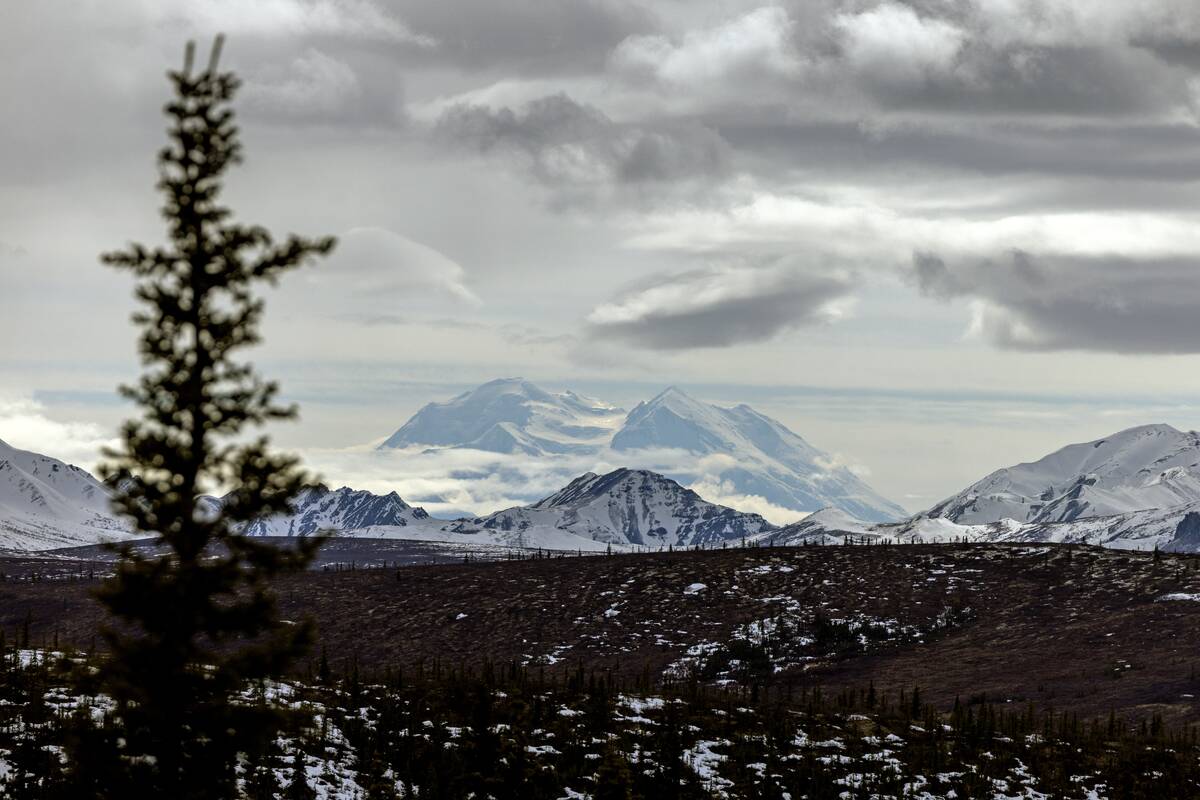
Alaska’s name hails from the Aleut word “alaxsxaq,” which means ‘the mainland’ or ‘the object toward which the action of the sea is directed.’ This vast frontier was once part of the Russian Empire until it was sold to the United States in 1867 for just $7.2 million, a deal often referred to as ‘Seward’s Folly.’ Despite initial skepticism, Alaska proved to be rich in resources, becoming an integral part of the American landscape.
Arizona: The Silver State Connection

Arizona’s name likely comes from the Spanish word “Arizonac,” derived from an O’odham word meaning ‘small spring.’ However, there’s also a connection to the silver mines of the region, as early Spanish explorers thought the area was rich in silver. This blend of indigenous and Spanish influences reflects Arizona’s unique cultural heritage, where desert landscapes meet a history of exploration and discovery.
Arkansas: The French Twist
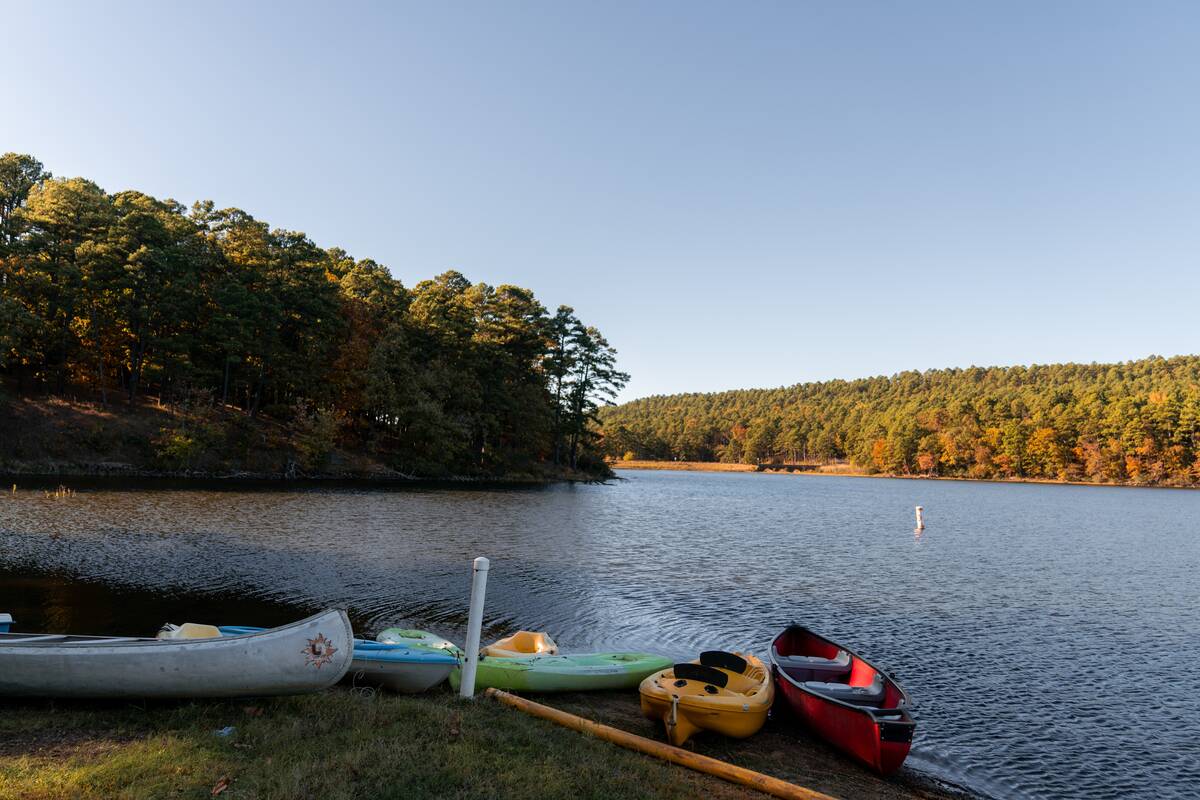
The name Arkansas is a French interpretation of a Sioux word “acansa,” meaning ‘downstream place.’ The French explorers adapted it to describe the Quapaw people living in the region. Interestingly, the pronunciation of Arkansas was settled by a state resolution in 1881 to reflect the French pronunciation, emphasizing the state’s historical ties to European exploration and the linguistic journey of its name.
California: The Myth of a Spanish Paradise

California’s name was inspired by a 16th-century Spanish novel, which described a fictional island paradise called ‘California.’ The explorers who first arrived in the region were captivated by its beauty, reminiscent of the mythical land. This blend of fiction and reality highlights the allure of California, a place that has long been associated with dreams, opportunity, and the promise of a new world.
Colorado: The Colorful Origin
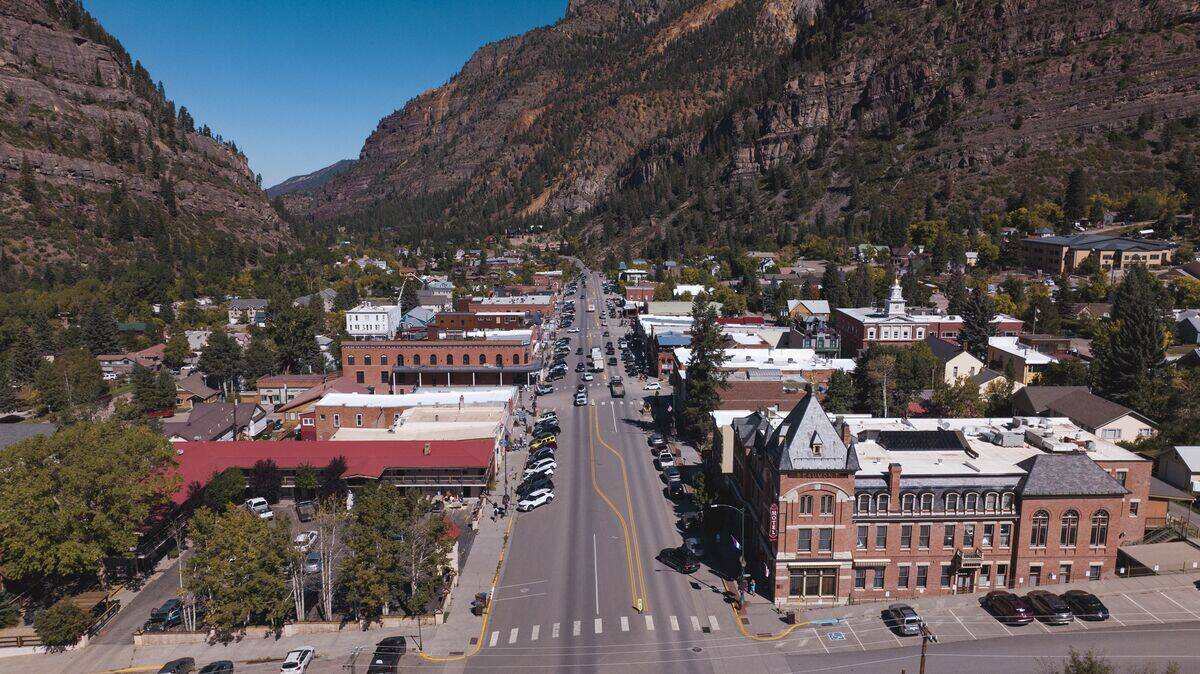
Colorado’s name comes from the Spanish word for ‘colored red,’ a nod to the reddish-brown silt carried by the Colorado River. The vibrant landscapes, from the Rocky Mountains to the red rock formations, reflect the colorful origins of its name. Known as the Centennial State, Colorado joined the Union in 1876, a century after the signing of the Declaration of Independence, adding historical significance to its colorful moniker.
Connecticut: A River Runs Through It

Connecticut derives its name from the Mohegan-Pequot word “quinetucket,” meaning ‘long tidal river.’ This pays homage to the Connecticut River that traverses the state, a vital waterway for trade and travel throughout history. As one of the original 13 colonies, Connecticut’s name is a testament to the influence of Native American languages and the essential role of rivers in the early development of the United States.
Delaware: The Baron’s Legacy
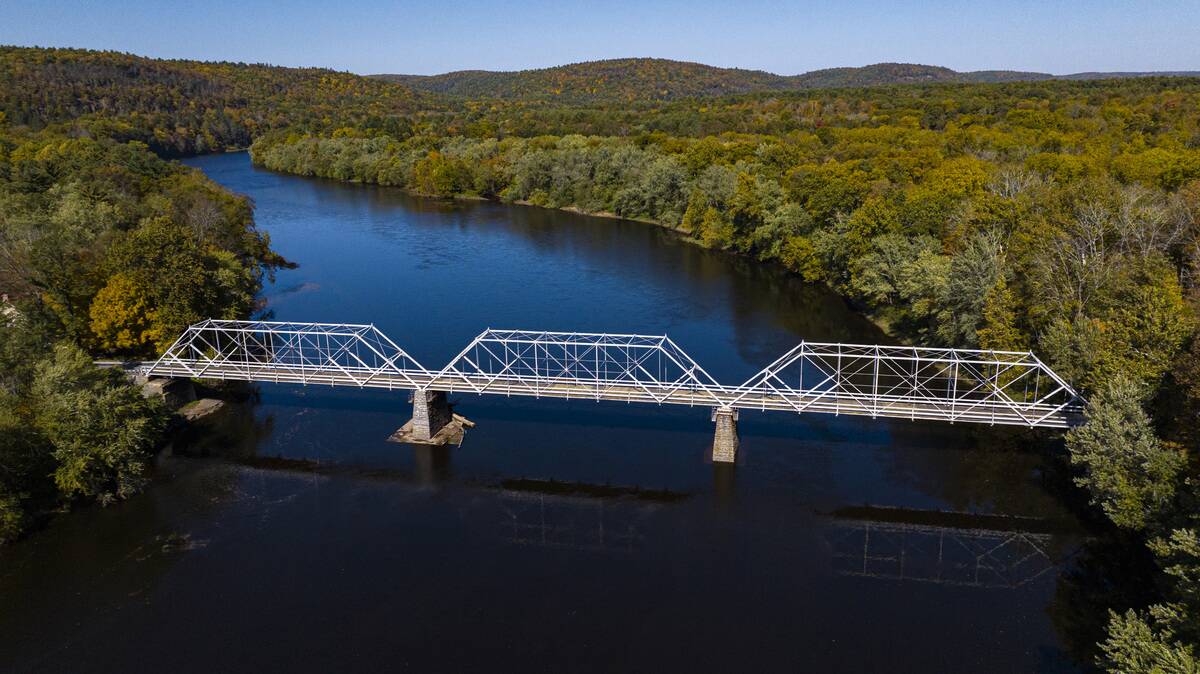
Delaware was named in honor of Thomas West, the 3rd Baron De La Warr, who was the governor of Virginia when the Delaware Bay was first explored. The name reflects the early colonial ties and the influence of British nobility in the New World. Delaware, the first state to ratify the Constitution, carries a legacy of leadership and historical significance, all encapsulated in its noble namesake.
Florida: The Land of Flowers
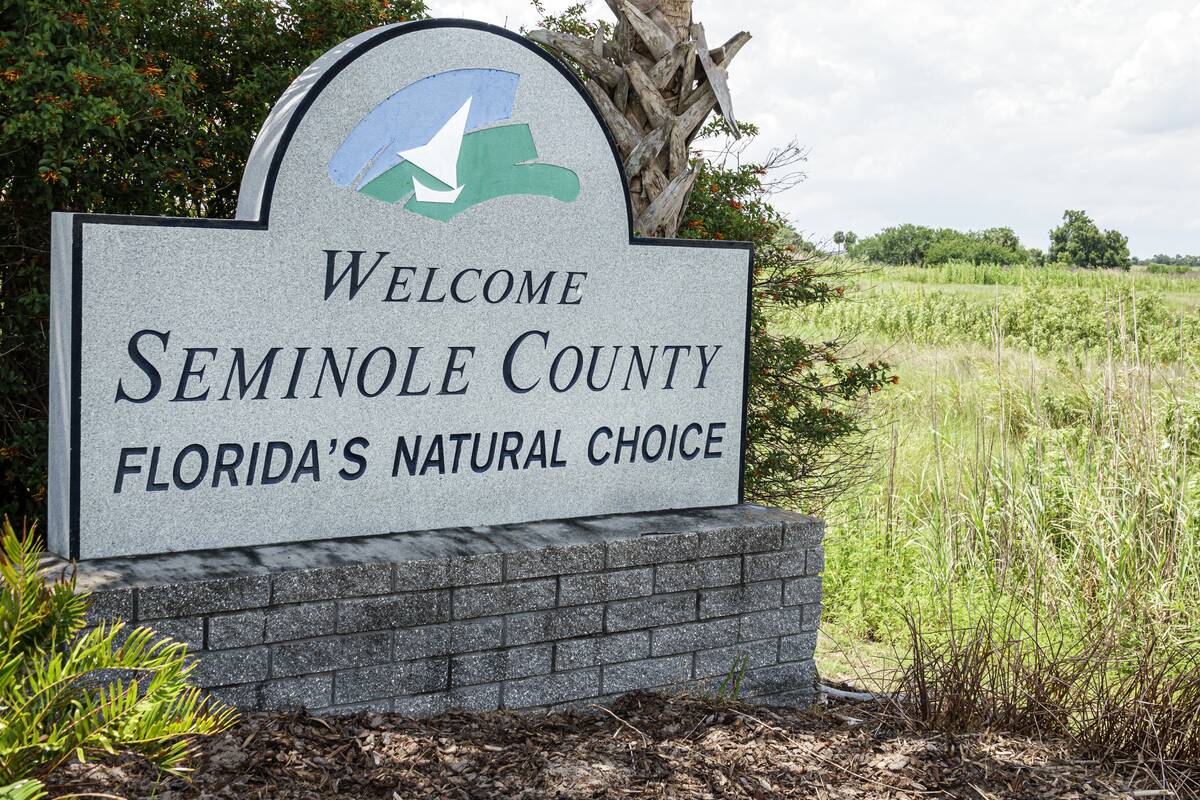
Florida’s name comes from the Spanish “La Florida,” meaning ‘land of flowers.’ This name was bestowed by Spanish explorer Juan Ponce de León during the Easter season, known in Spanish as “Pascua Florida.” With its lush landscapes and diverse ecosystems, Florida truly lives up to its floral name. Known for its sunny climate and vibrant flora, the state is a beautiful reminder of its Spanish roots and natural beauty.
Georgia: A Royal Tribute

Georgia was named in honor of King George II of Great Britain, reflecting its colonial history and the ties to the British crown. Established in 1732, it was the last of the original 13 colonies. Georgia’s name is a reminder of its past, from royal connections to its role in the birth of the nation. Today, Georgia continues to celebrate its rich history and cultural heritage, from southern hospitality to its vibrant cities.
Hawaii: A Polynesian Paradise
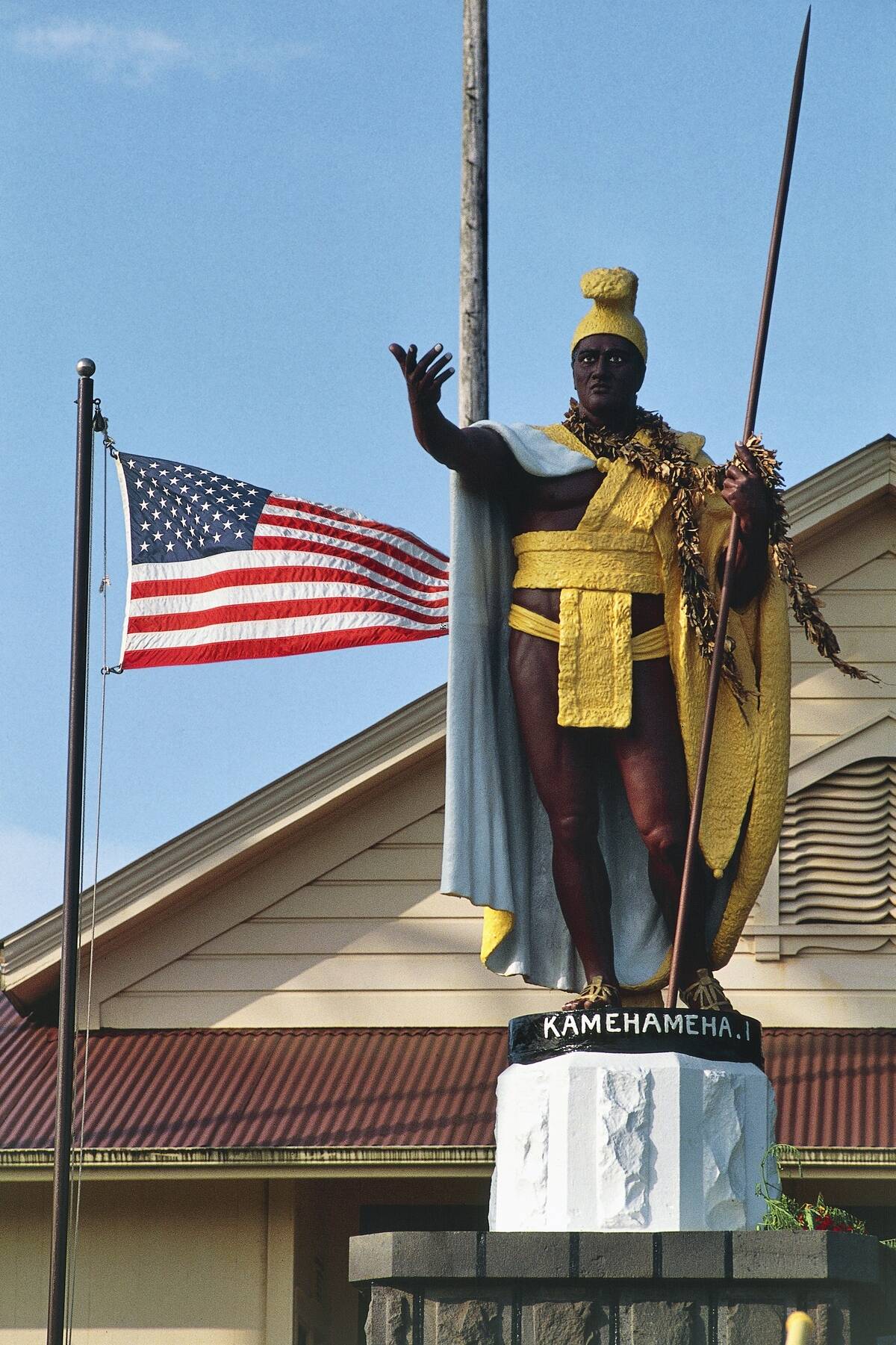
Hawaii’s name has roots in the native Hawaiian language, possibly derived from “Hawaiki,” the legendary homeland of Polynesians. This tropical paradise, known for its stunning landscapes and rich cultural traditions, is a blend of natural beauty and Polynesian heritage. As the 50th state, Hawaii’s unique name and culture bring a diverse and vibrant flavor to the American tapestry, offering a glimpse into the ancient Polynesian world.
Idaho: The Mystery Name
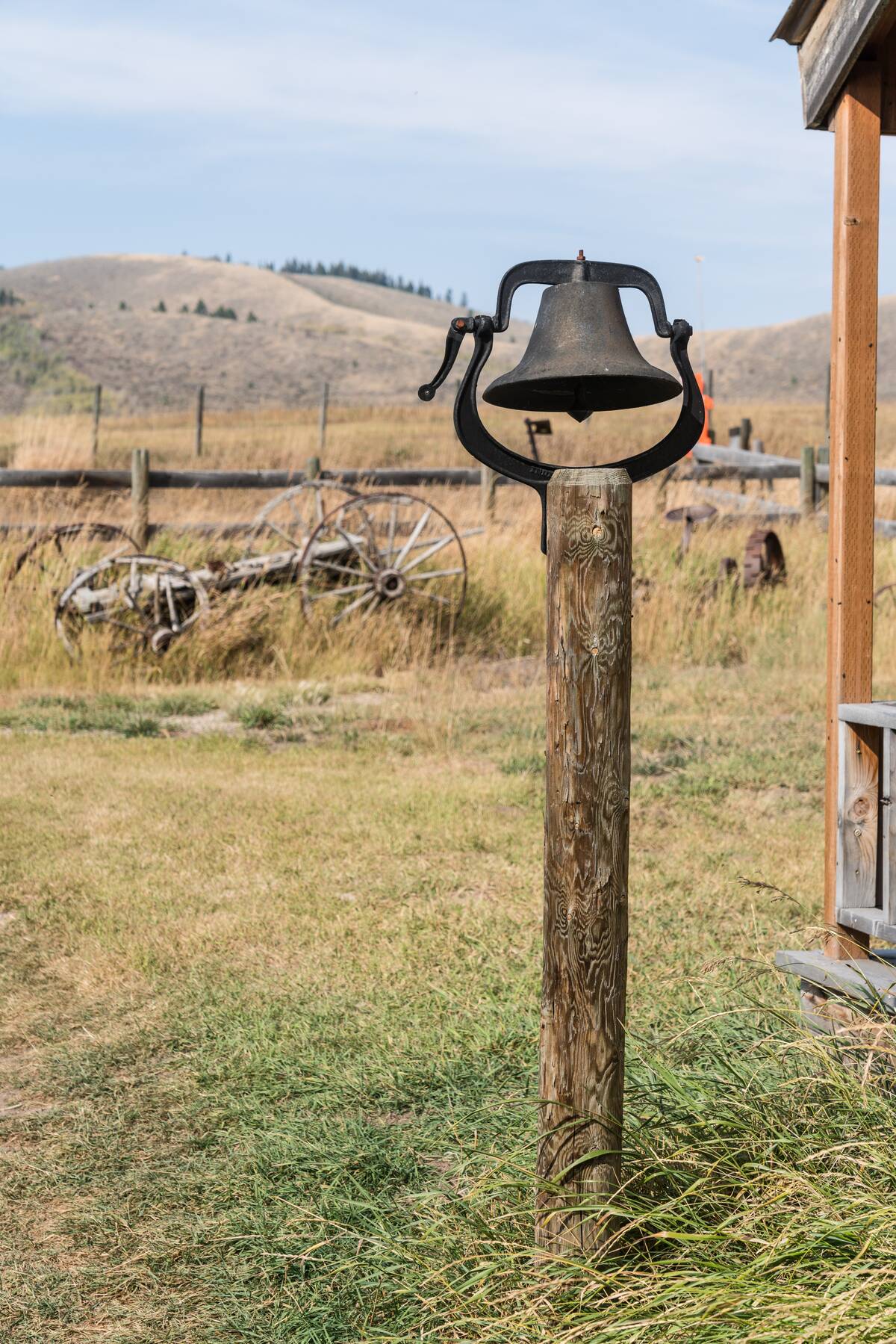
Idaho’s name is shrouded in mystery and misconception. It was allegedly coined by lobbyist George M. Willing, who falsely claimed it was a Shoshone term meaning ‘gem of the mountains.’ Despite the dubious origins, the name stuck, and Idaho is now known as the Gem State. The story behind Idaho’s name is a fascinating example of how myth and reality can intertwine, creating a lasting legacy in the American landscape.
Illinois: The Land of the Illini

Illinois gets its name from the Native American Illiniwek people, meaning ‘best people’ in the Algonquian language. This name reflects the state’s indigenous roots and the tribes that once inhabited the region. Known as the “Land of Lincoln,” Illinois is celebrated for its rich history, from its native origins to its pivotal role in American history. The name Illinois serves as a tribute to the original inhabitants and the state’s enduring legacy.
Indiana: The Simple Truth
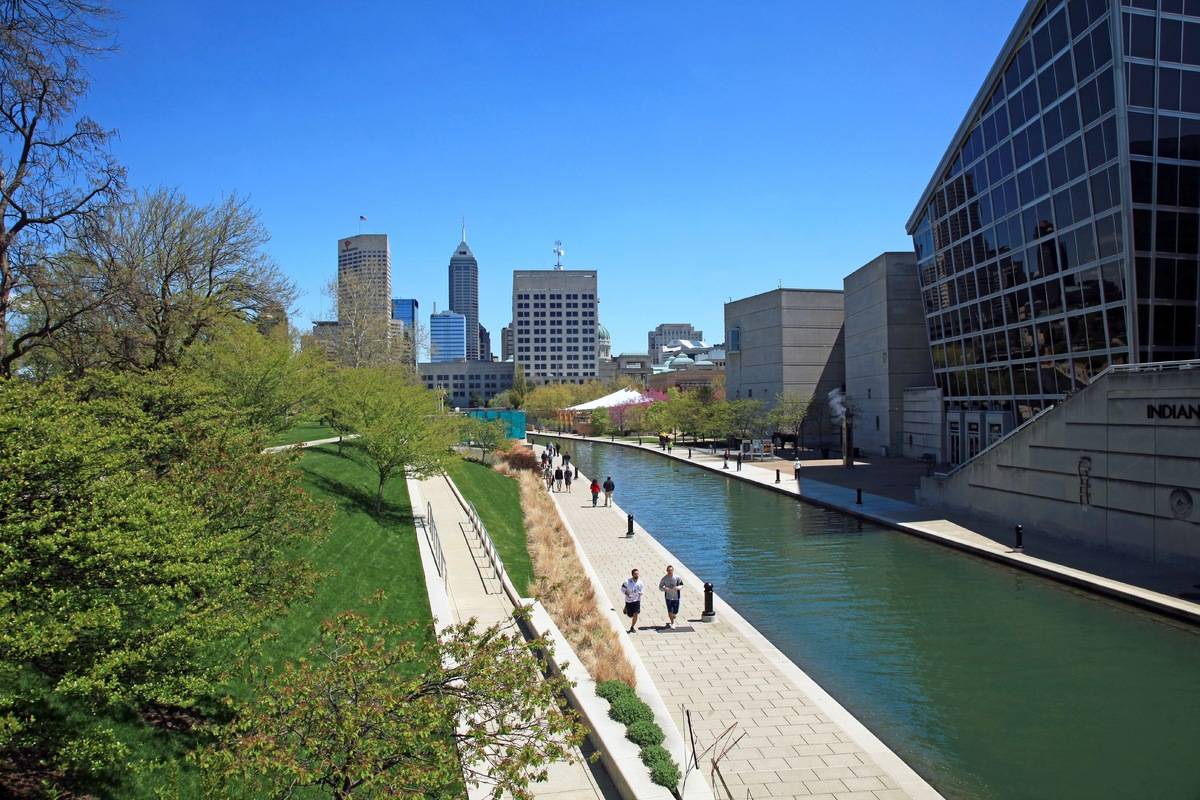
Indiana’s name is straightforward, meaning ‘Land of the Indians.’ As settlers moved westward, the name was chosen to honor the Native American tribes that originally inhabited the area. This simple yet profound name is a reminder of the state’s roots and the diverse cultures that have shaped its history. From its indigenous past to its modern identity, Indiana’s name encapsulates a rich and varied heritage.
Iowa: The People’s State

Iowa is named after the Ioway people, one of the many Native American tribes that lived in the region. The name is believed to mean ‘beautiful land,’ reflecting the state’s lush landscapes and fertile soil. As part of the Louisiana Purchase, Iowa’s rich history and agricultural legacy are mirrored in its name. Known for its welcoming communities and scenic beauty, Iowa remains a testament to its native heritage and the people who first called it home.
Kansas: A Homage to the Wind People
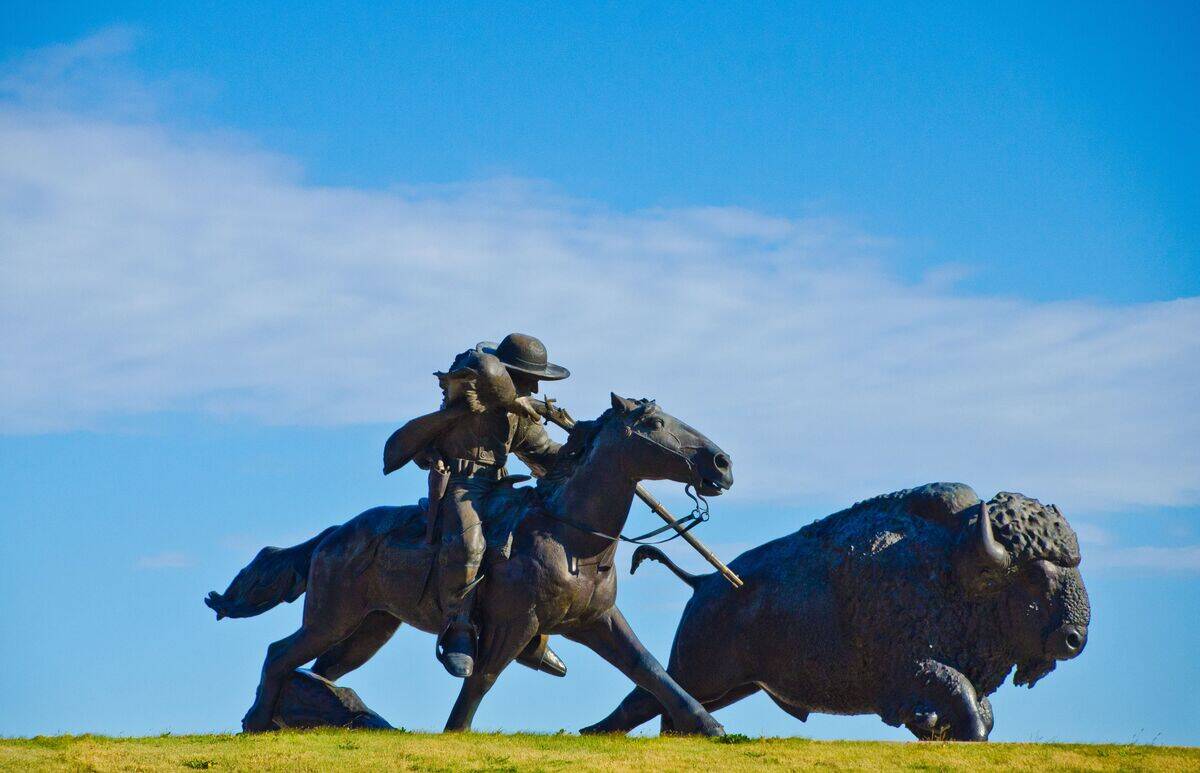
Kansas derives its name from the Kansa Native American tribe, whose name means ‘people of the south wind.’ This reflects the state’s open prairies and the powerful winds that sweep across the landscape. Kansas, often referred to as the Sunflower State, embraces its natural elements and the legacy of the tribes that once roamed its plains. The state’s name is a tribute to its indigenous roots and the enduring spirit of the land.
Kentucky: The Land of Tomorrow

Kentucky’s name is believed to come from the Iroquoian word “Ken-tah-ten,” meaning ‘land of tomorrow.’ This name captures the sense of optimism and potential that characterized early American expansion. Known for its bluegrass music and horse racing, Kentucky is a state rich in tradition and forward-thinking vision. The name embodies a spirit of exploration and the promise of new beginnings, a fitting tribute to its dynamic history.
Louisiana: A French King’s Namesake

Louisiana was named in honor of King Louis XIV of France, reflecting its colonial past under French rule. The vast territory was claimed by French explorer René-Robert Cavelier, Sieur de La Salle in the 17th century. Known for its vibrant culture, music, and cuisine, Louisiana’s name is a testament to its French heritage and the enduring influence of European settlers. The state’s unique blend of cultures creates a rich tapestry of history and tradition.
Maine: A Coastal Enigma

Maine’s name origins remain somewhat enigmatic, though it is believed to be named after the French province of Maine. As the northeasternmost state in the U.S., Maine is known for its rugged coastline, lighthouses, and seafood cuisine. The name reflects its maritime heritage and the influence of early French explorers. Maine’s unique identity is shaped by its natural beauty and coastal culture, making it a distinct part of the American landscape.
Maryland: A Prayer to the Virgin Mary

Maryland was named in honor of Queen Henrietta Maria, the wife of King Charles I of England. The name also carries a religious connotation, as it was intended to be a haven for English Catholics. This blend of royal tribute and religious refuge is reflected in Maryland’s history and its role in early colonial America. The state’s name is a reminder of its founding principles and the cultural diversity that characterizes its legacy.
Massachusetts: A Native American Origin
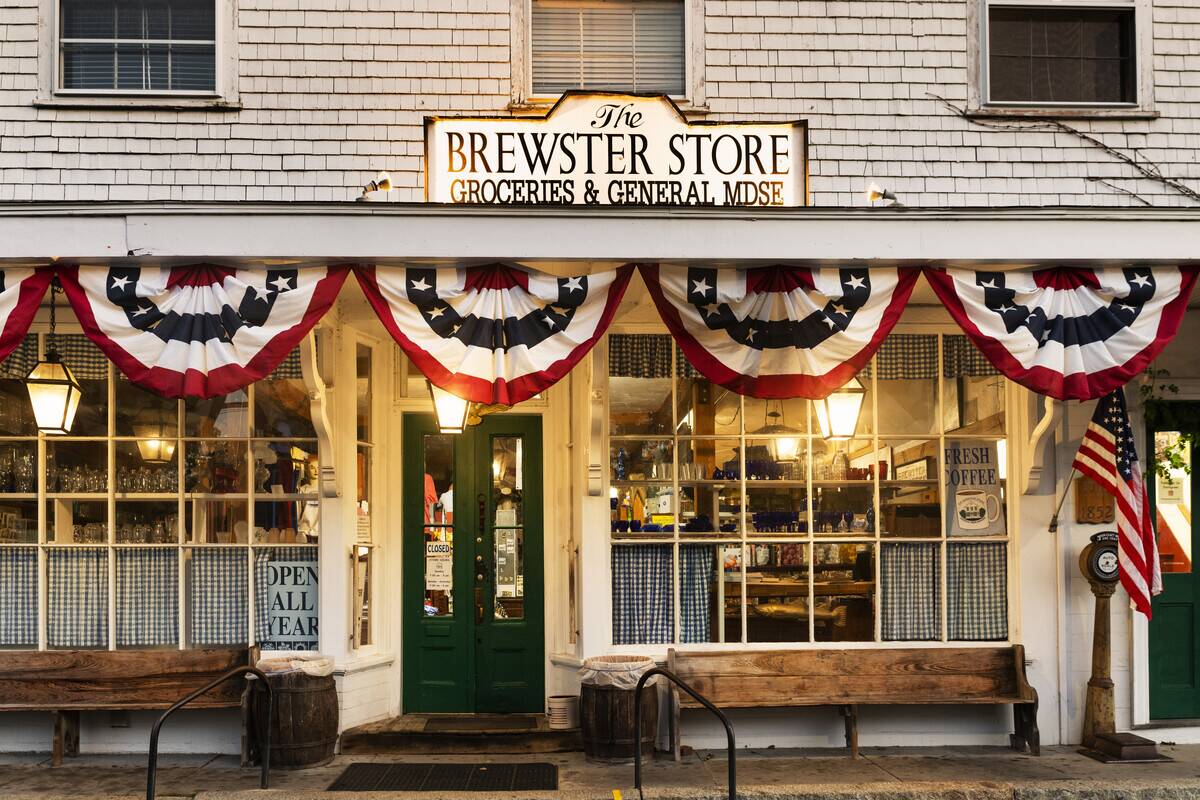
Massachusetts gets its name from the Massachusett tribe, meaning ‘at the great hill’ in reference to the Blue Hills near Boston. As one of the original 13 colonies, Massachusetts is steeped in history, from the Pilgrims’ landing at Plymouth Rock to the American Revolution. The name Massachusetts reflects the state’s native heritage and its pivotal role in shaping the nation’s history, standing as a symbol of America’s early beginnings.
Michigan: The Great Water State
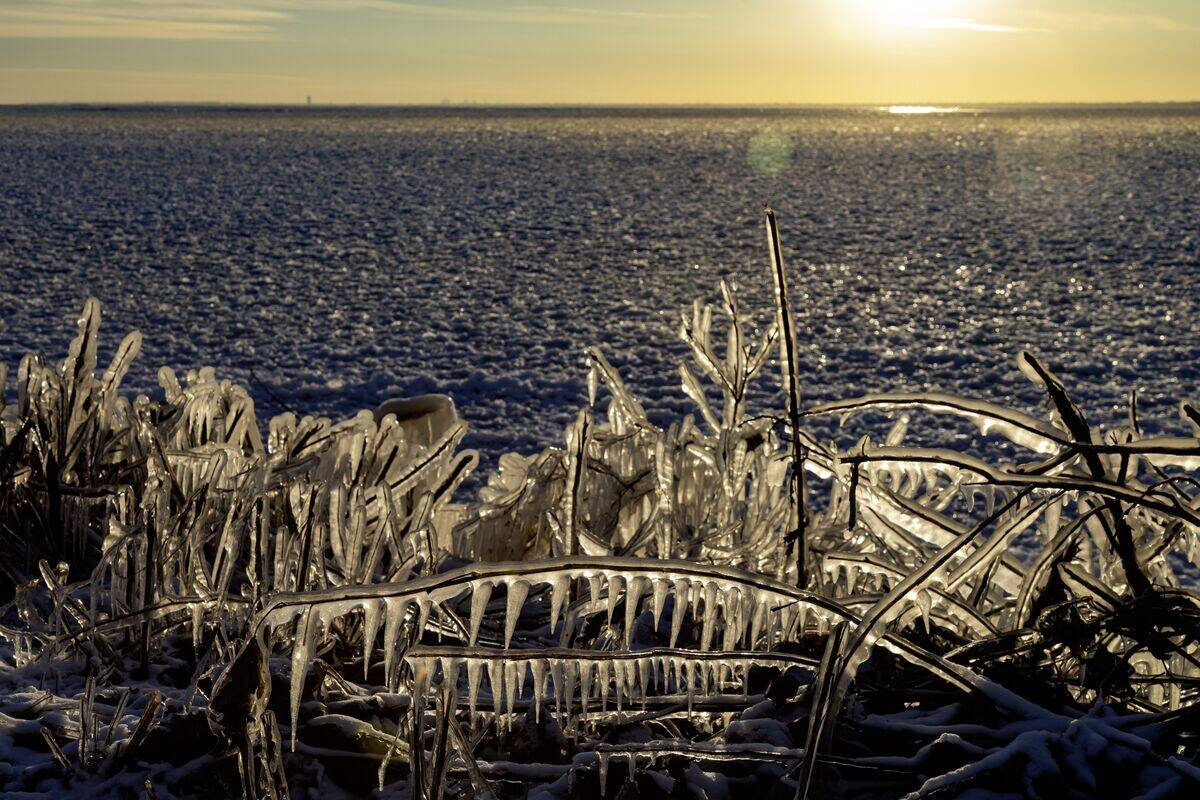
Michigan’s name is derived from the Ojibwe word “mishigamaa,” meaning ‘large water’ or ‘large lake.’ This is a fitting name given the state’s location in the Great Lakes region, surrounded by four of the five Great Lakes. Michigan’s identity is closely tied to its waterways, which have been vital for trade, transportation, and recreation. The name serves as a reminder of the state’s natural resources and its connection to the water.
Minnesota: The Sky-Tinted Waters
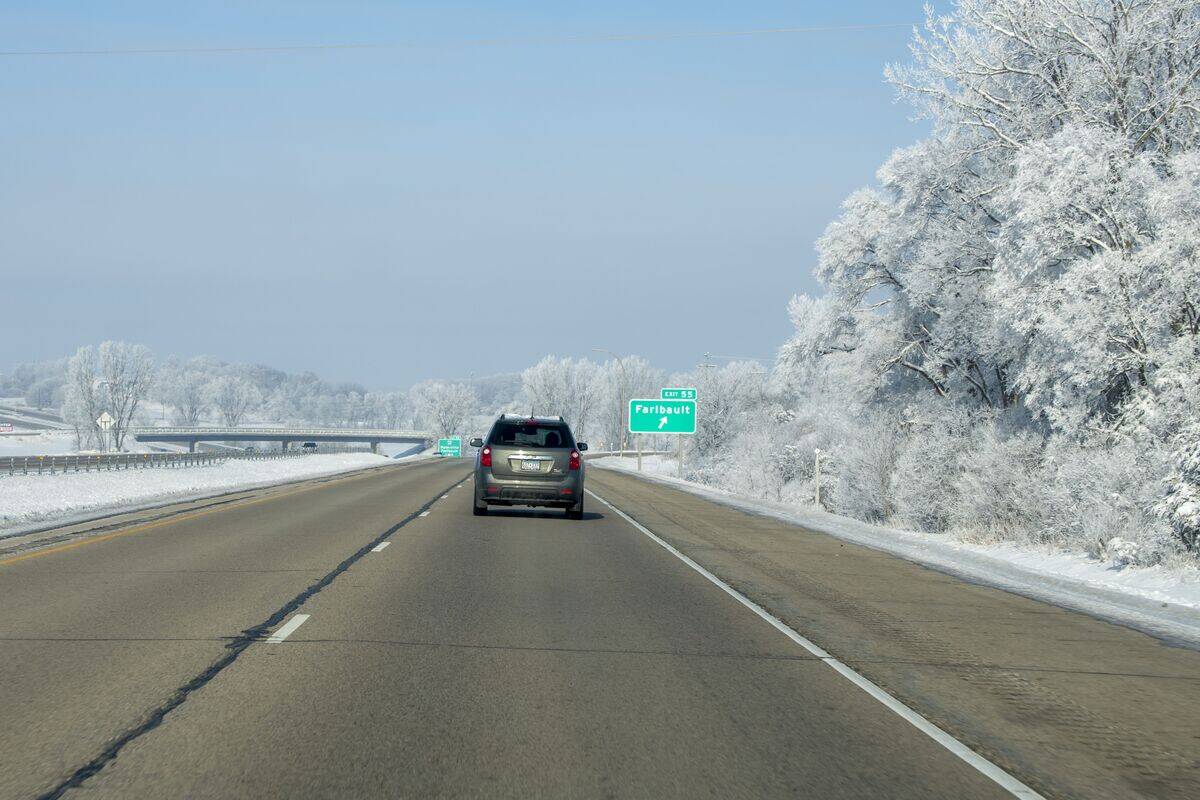
Minnesota’s name comes from the Dakota Sioux word “Mnisota,” meaning ‘sky-tinted water.’ This poetic name reflects the state’s countless lakes and rivers, known for their clear, reflective surfaces. Minnesota’s natural beauty and outdoor recreation opportunities are celebrated in its name, highlighting the connection between the land and its indigenous roots. The state’s moniker is a tribute to its landscape and the native people who first named it.
Mississippi: The Mighty River
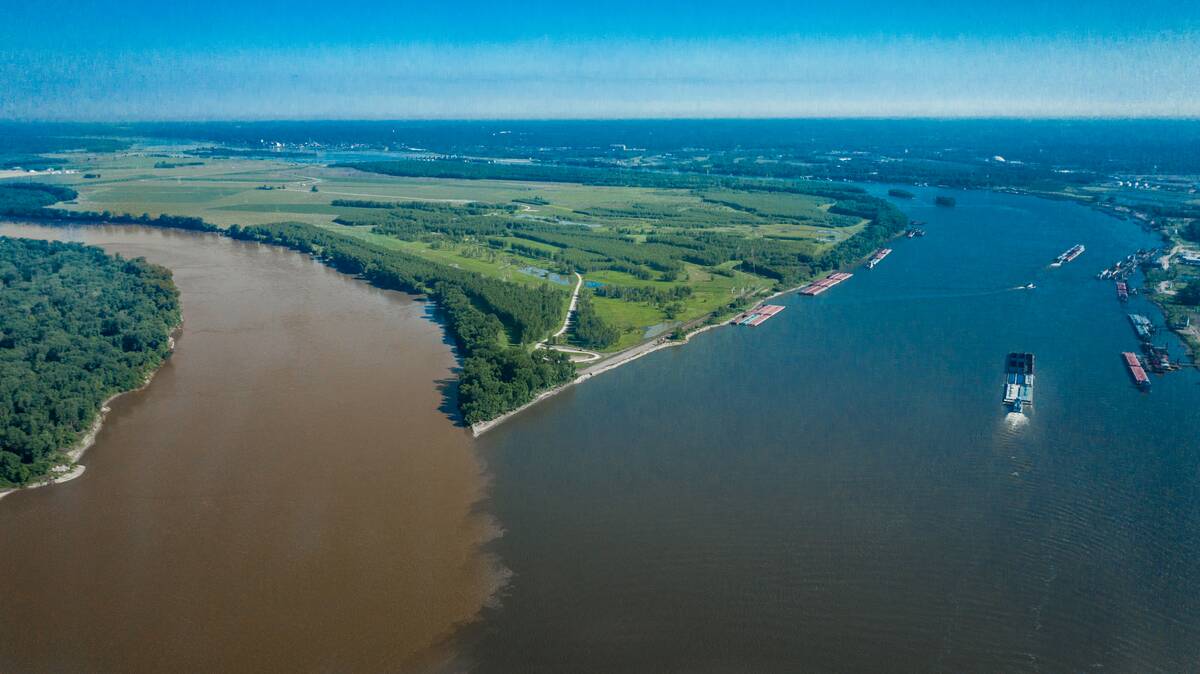
Mississippi takes its name from the mighty Mississippi River, which forms its western border. The name comes from the Ojibwe word “Misi-ziibi,” meaning ‘great river.’ The river has played a crucial role in the state’s history, serving as a major trade route and a source of sustenance. Mississippi’s name is a testament to the power and significance of the river that has shaped its geography, culture, and economy.
Missouri: The Canoe People Connection
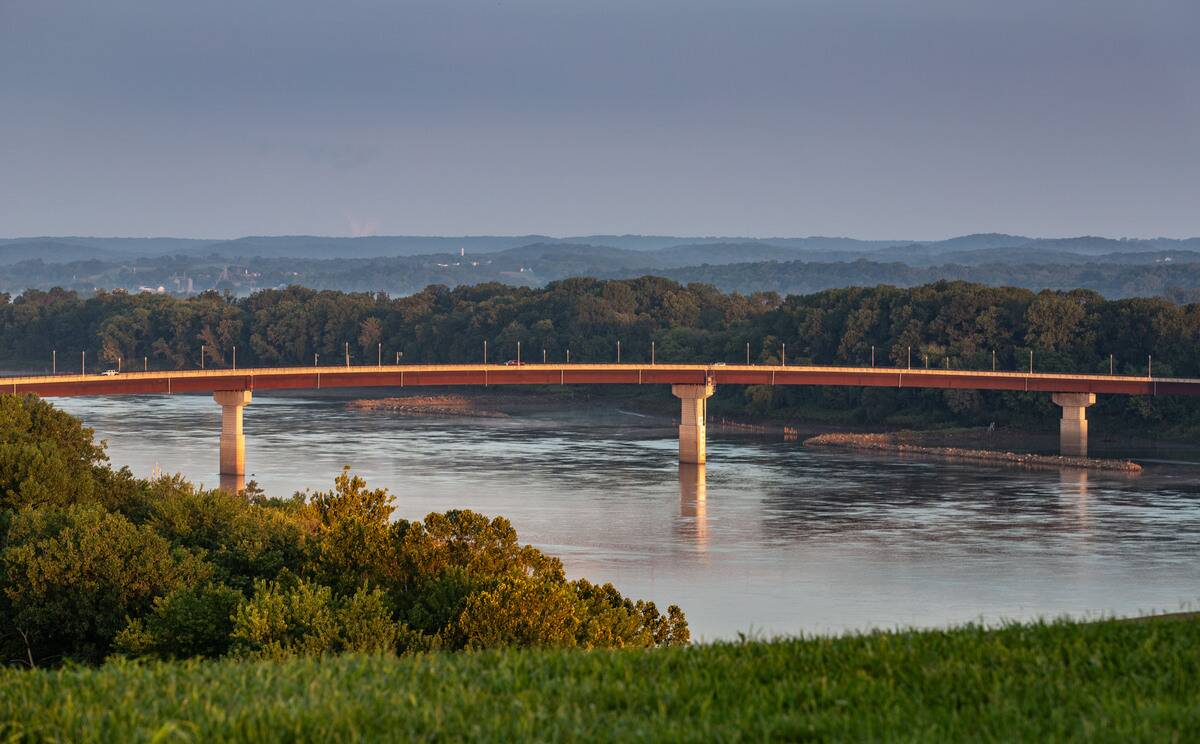
Missouri’s name is derived from the Missouri tribe, whose name means ‘town of the large canoes.’ This reflects the region’s rich indigenous heritage and the importance of waterways for transportation and trade. Missouri, known as the “Show Me State,” has a history marked by exploration and settlement. The state’s name is a nod to the native tribes and the integral role of rivers in shaping its past and present.
Montana: A Mountainous Misunderstanding
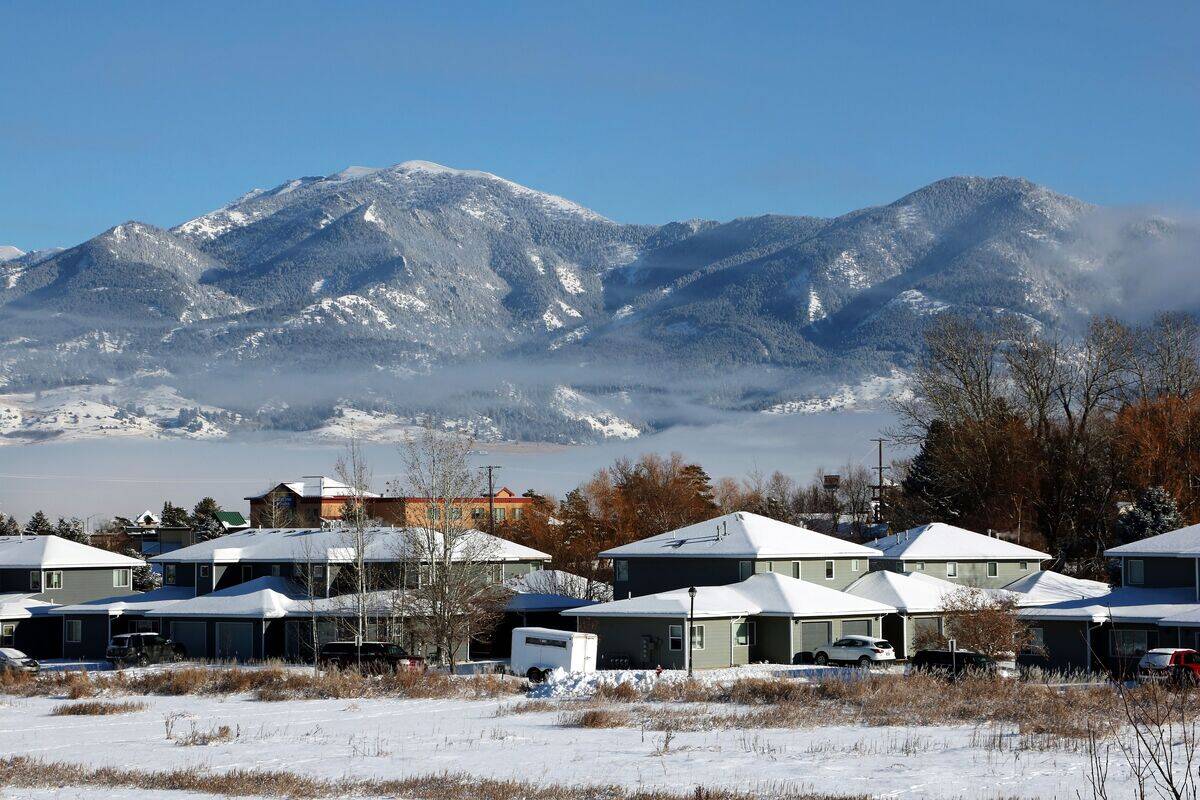
Montana’s name comes from the Spanish word “montaña,” meaning ‘mountain,’ reflecting the state’s rugged terrain. However, the name was somewhat misapplied, as much of eastern Montana is flat prairie land. Despite this, the state’s mountainous western region is home to the Rocky Mountains, creating a stunning backdrop. Montana’s name captures the spirit of the American West, embodying both its natural beauty and the adventurous spirit of its people.
Nebraska: The Flat Water State
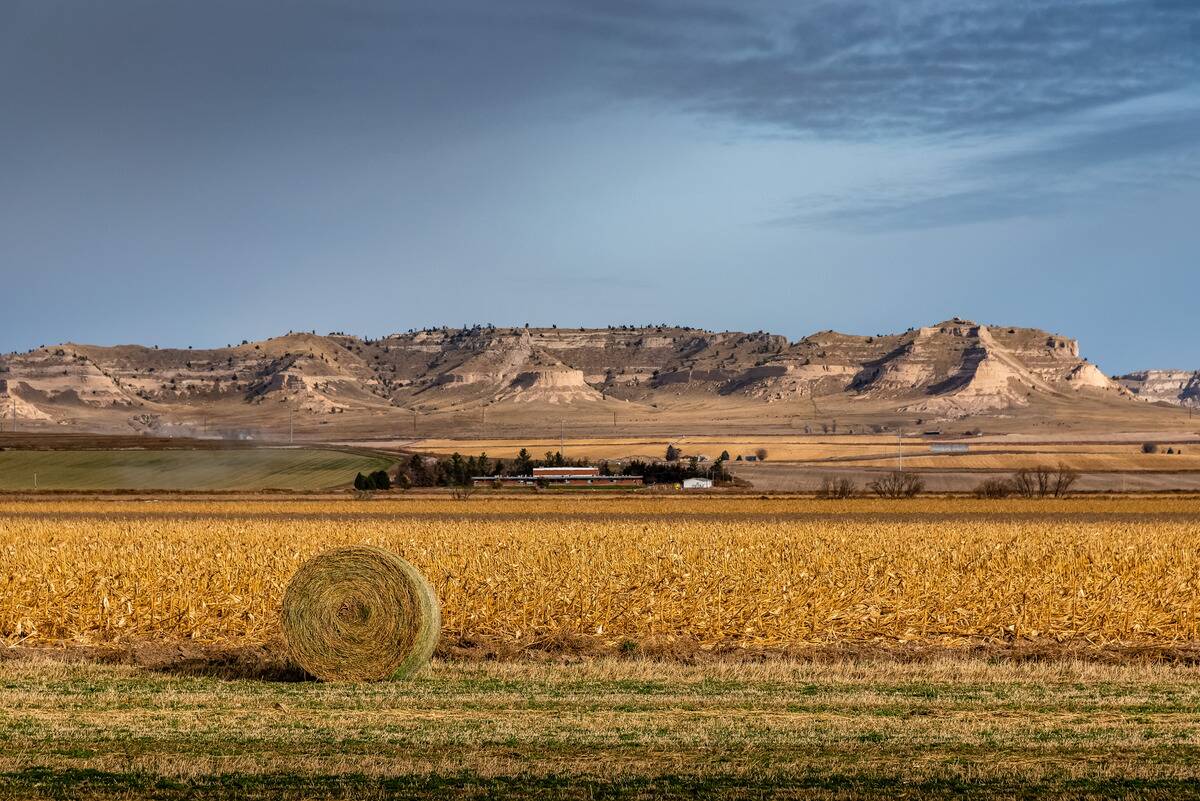
Nebraska’s name is derived from the Otoe word “Ñí Brásge,” meaning ‘flat water,’ referring to the Platte River. This reflects the state’s landscape of rolling plains and river valleys, which have been vital for agriculture and settlement. Nebraska, known as the Cornhusker State, embraces its agricultural roots and the importance of its waterways. The name is a tribute to the state’s natural features and the indigenous people who named it.
Nevada: The Snow-Capped Misnomer
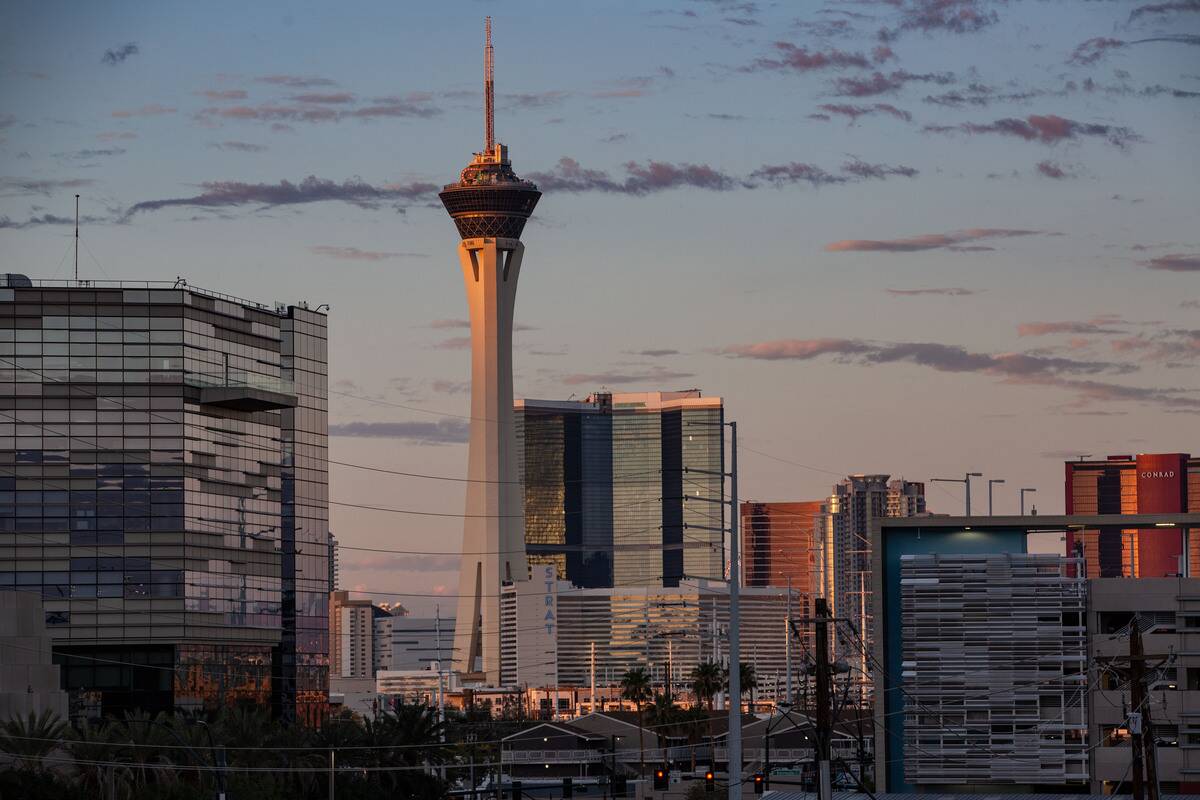
Nevada’s name comes from the Spanish word “nevada,” meaning ‘snow-capped,’ a reference to the Sierra Nevada mountain range. Despite its arid desert climate, the state does have snow-capped peaks that inspired its name. Known for its vibrant cities and vast wilderness, Nevada’s name is a reminder of the contrasts that define the state. From the bright lights of Las Vegas to the serene mountains, Nevada is a land of diverse landscapes and experiences.
New Hampshire: A Nod to the Old Country
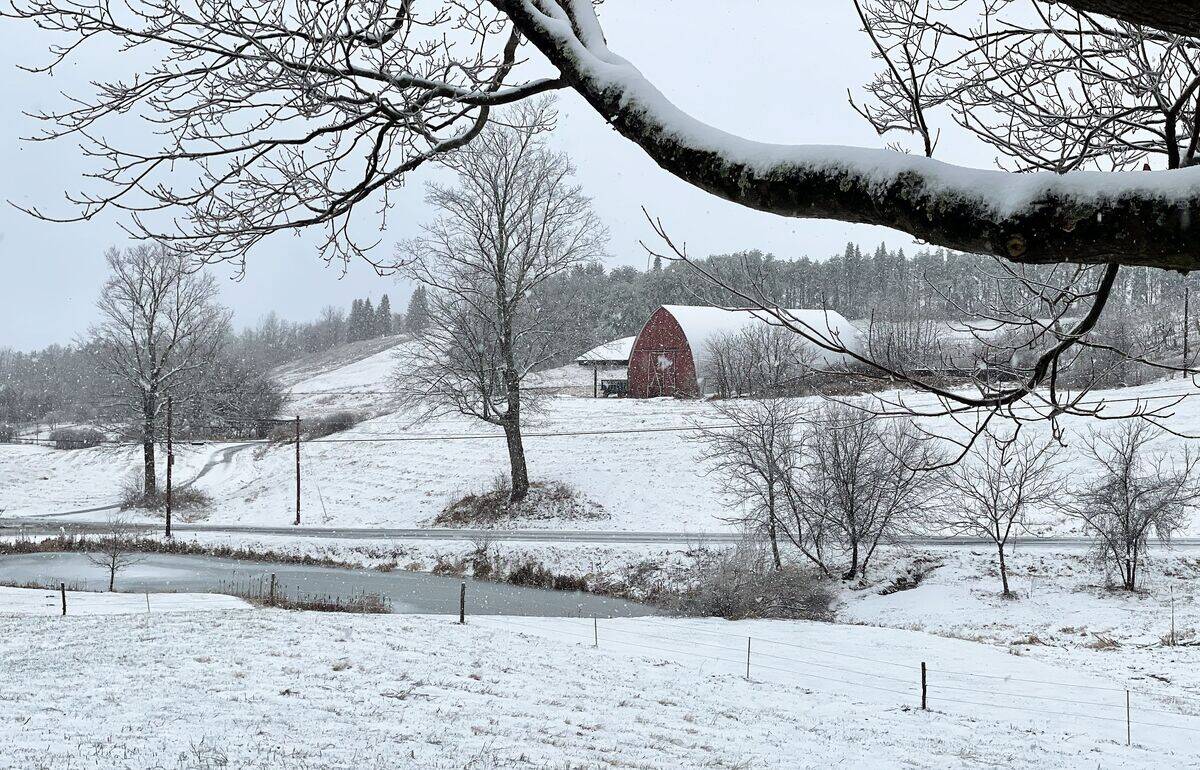
New Hampshire was named after the English county of Hampshire by Captain John Mason, one of the early settlers. This name reflects the colonial ties and the influence of English heritage in the New World. Known for its stunning natural landscapes, from the White Mountains to its picturesque lakes, New Hampshire carries a sense of tradition and rugged beauty. The state’s name is a tribute to its colonial past and its enduring connection to its English roots.
New Jersey: The Isle of the Jersey

New Jersey was named after the Channel Island of Jersey by Sir George Carteret, one of its early proprietors. This reflects the state’s colonial history and the influence of British settlers. Known for its diverse culture and bustling cities, New Jersey’s name is a nod to its European heritage. The state’s identity is shaped by its historical roots and its role as a crossroads of American life, bridging the gap between past and present.
New Mexico: A Spanish Influence
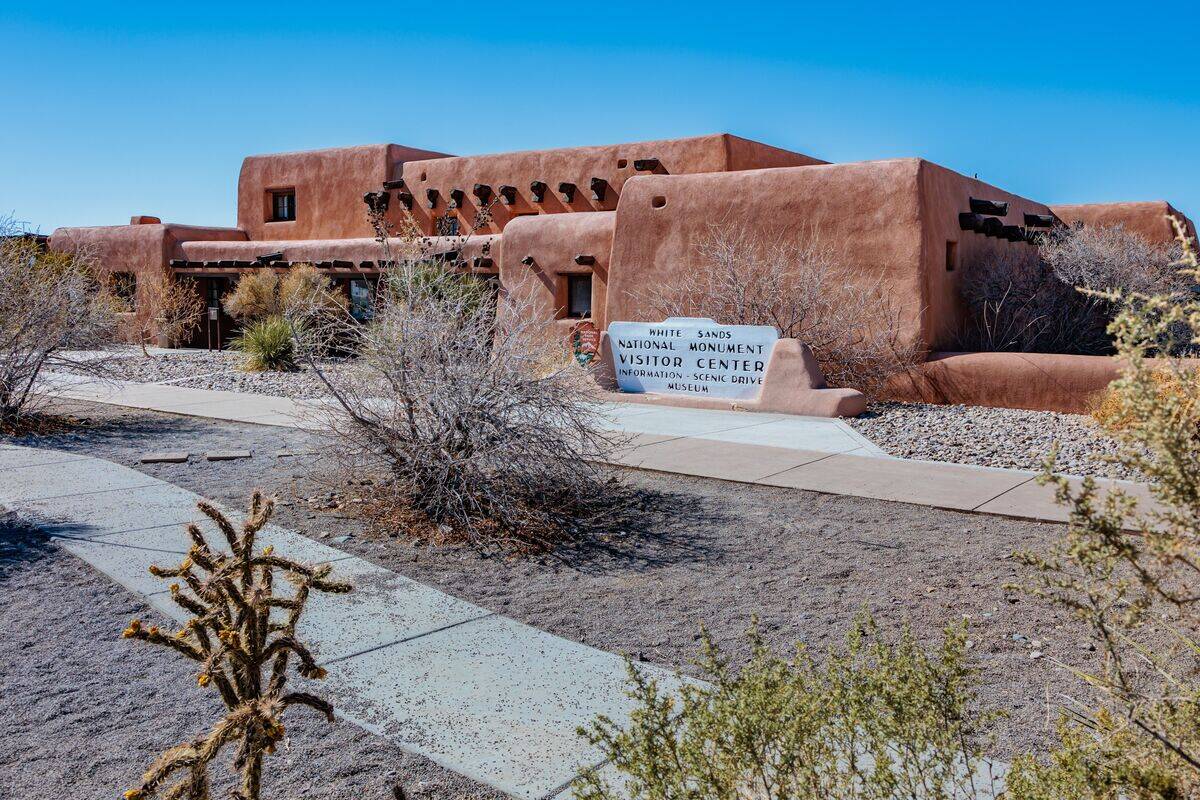
New Mexico’s name reflects its Spanish colonial history, derived from the Spanish “Nuevo México,” after the Valley of Mexico. The name was given by Spanish explorers who hoped to find wealth similar to that of the Aztecs. Known for its rich cultural tapestry and stunning landscapes, New Mexico’s name is a testament to its diverse heritage, blending Native American, Hispanic, and Anglo influences into a unique cultural mosaic.
New York: A Tribute to the Duke of York

New York was named in honor of the Duke of York, who later became King James II of England. This reflects its colonial history and the influence of British nobility. As one of the original 13 colonies, New York has played a pivotal role in American history, from its founding to its status as a global cultural and economic hub. The state’s name is a lasting tribute to its royal connections and its place in the nation’s story.
North Carolina: A Royal Homage

North Carolina was named in honor of King Charles I of England, with ‘Carolus’ being Latin for Charles. This reflects the state’s colonial history and its ties to the British crown. Known for its diverse landscapes, from the Appalachian Mountains to its Atlantic coast, North Carolina’s name is a reminder of its royal heritage. The state’s identity is shaped by its historical roots and its role in the American Revolution, making it a key part of the nation’s history.
North Dakota: The Northern Passage
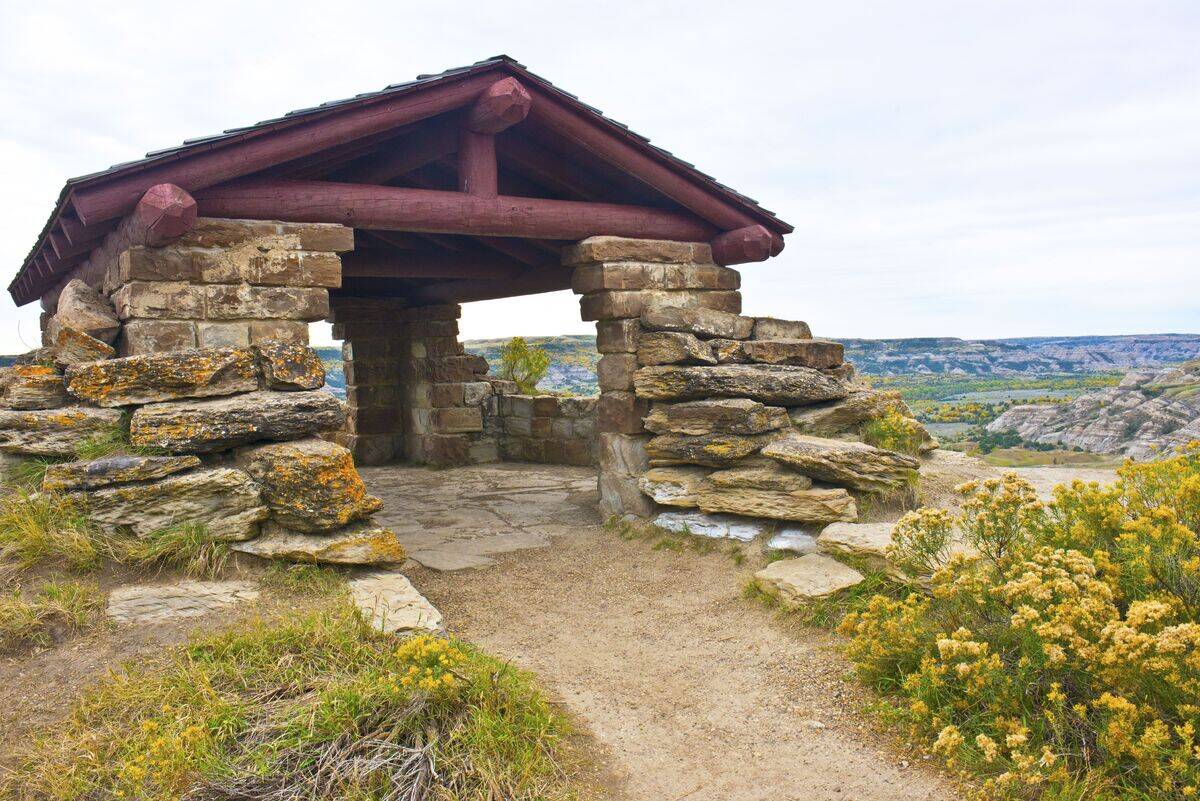
North Dakota’s name reflects its geographical position as the northern part of the Dakota Territory, named after the Dakota Sioux tribe. The name means ‘allies,’ highlighting the relationships between the native tribes and early settlers. Known for its expansive plains and vibrant cultural heritage, North Dakota’s name is a tribute to its indigenous roots and the spirit of cooperation and community that defines the state.
Ohio: The Beautiful River

Ohio’s name comes from the Iroquois word “ohi-yo,” meaning ‘great river,’ referring to the Ohio River that forms its southern border. The river played a crucial role in the state’s development, serving as a major transportation route. Known as the Buckeye State, Ohio’s name reflects its natural beauty and the importance of its waterways. The state’s identity is intertwined with its river, shaping its history and culture.
Oklahoma: The Red People’s Land

Oklahoma’s name is derived from the Choctaw words “okla” and “humma,” meaning ‘red people.’ This reflects the state’s Native American heritage and its history as a designated Indian Territory. Known for its diverse cultures and landscapes, Oklahoma’s name is a tribute to the indigenous tribes that have shaped its history. The state’s identity is rooted in its native roots, celebrating the rich cultural tapestry that defines it.
Oregon: The Name That Almost Wasn’t

Oregon’s name origins are uncertain, though it may have been derived from a French term or a misinterpretation of a Native American word. Despite its mysterious origins, Oregon is known for its stunning natural beauty, from the Cascade Mountains to its rugged coastline. The state’s name, with its air of mystery, adds to the allure of its landscapes and the pioneering spirit of its people. Oregon’s identity is shaped by its natural wonders and its enigmatic history.
Pennsylvania: Penn’s Woods

Pennsylvania’s name means ‘Penn’s Woods,’ named in honor of Admiral William Penn, the father of founder William Penn. The name was a tribute by King Charles II as a grant of land to settle a debt owed to the elder Penn. Known for its role in American history, from the signing of the Declaration of Independence to the Battle of Gettysburg, Pennsylvania’s name reflects its Quaker roots and its foundational place in the nation’s story.
Rhode Island: The Misnamed State

Rhode Island’s name is a bit of a misnomer, as it is neither an island nor entirely surrounded by water. The name likely comes from the Dutch explorer Adriaen Block, who named it “Roodt Eylandt” meaning ‘red island,’ due to the red clay on its shore. Despite the confusion, Rhode Island is known for its coastal beauty and maritime history. The state’s name, while misleading, adds to its unique charm and storied past as part of New England.
South Carolina: Another Royal Tribute
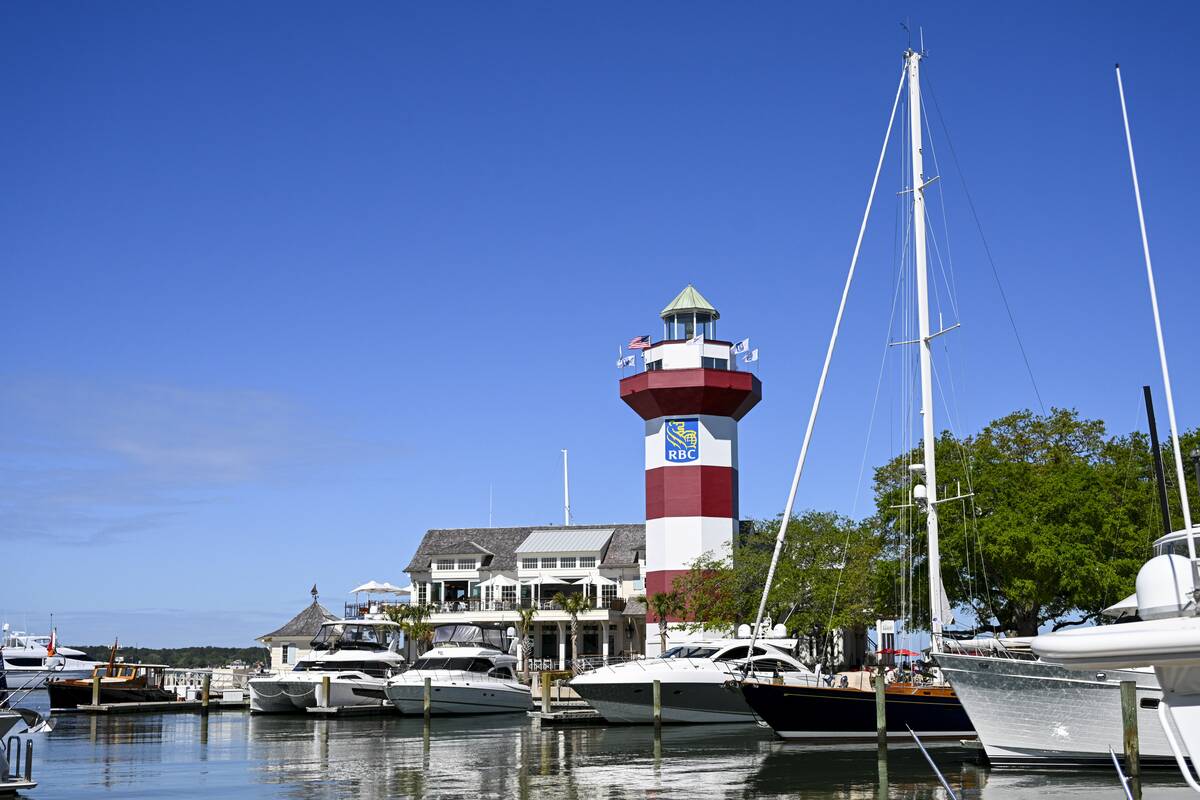
South Carolina, like its northern counterpart, was named in honor of King Charles I of England. The name reflects the state’s colonial origins and its ties to the British crown. Known for its historic cities and coastal beauty, South Carolina’s name is a reminder of its royal heritage and its role in the American Revolution. The state’s identity is shaped by its rich history and its contributions to the nation’s cultural and political landscape.
South Dakota: The Lands of the Allies
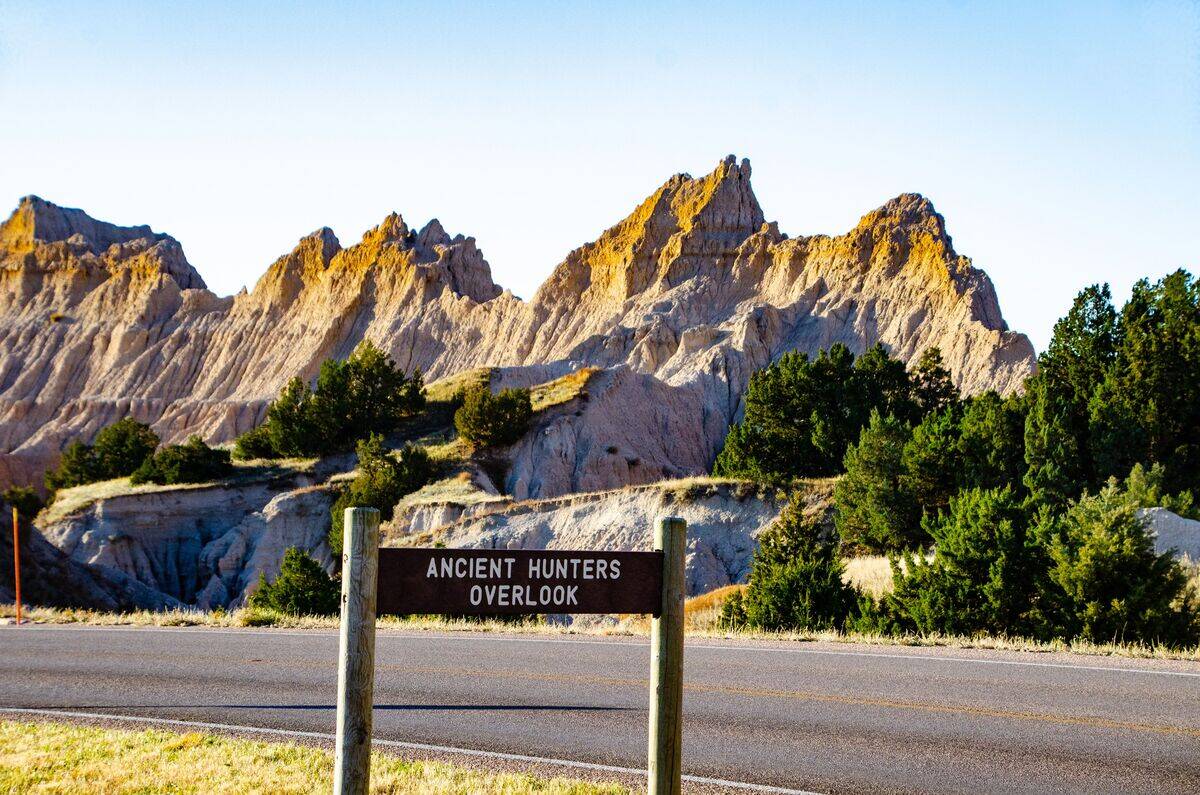
South Dakota’s name, like North Dakota, comes from the Dakota Sioux tribe, with ‘Dakota’ meaning ‘allies.’ The name reflects the state’s Native American heritage and its role as part of the Dakota Territory. Known for its stunning landscapes, including the Black Hills and Mount Rushmore, South Dakota’s name is a tribute to its indigenous roots and the spirit of unity and cooperation that defines the state.
Tennessee: The Meeting Place
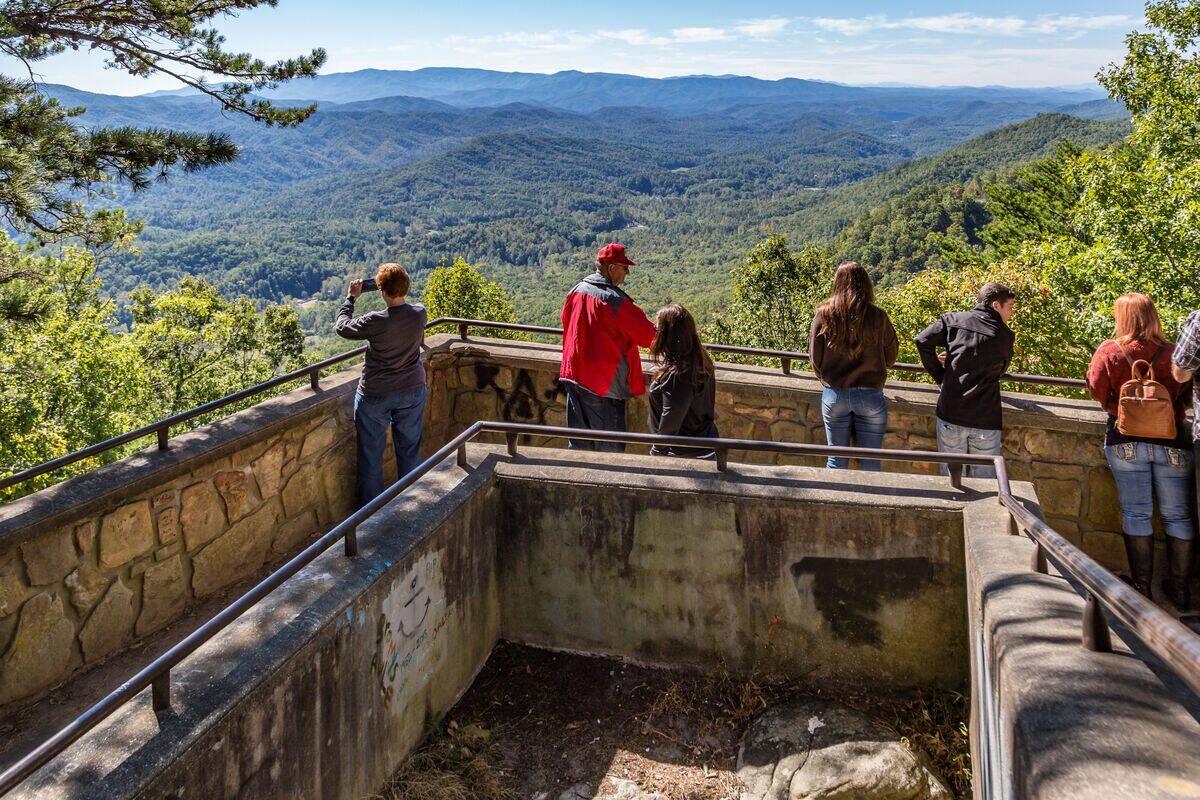
Tennessee’s name is believed to come from the Cherokee town of “Tanasi,” meaning ‘meeting place.’ This reflects the state’s history as a crossroads for trade and travel among Native American tribes. Known for its rich musical heritage, from country to blues, Tennessee’s name encapsulates its cultural diversity and historical significance. The state’s identity is shaped by its role as a gathering place and a center of American music and culture.
Texas: The Friendship State

Texas gets its name from the Caddo word “taysha,” meaning ‘friends’ or ‘allies.’ This reflects the state’s early history of cooperation among Native American tribes and settlers. Known for its vast landscapes and independent spirit, Texas is often referred to as the “Lone Star State.” The name Texas embodies the values of friendship and unity, capturing the essence of its diverse culture and storied past.
Utah: A Native People’s Legacy
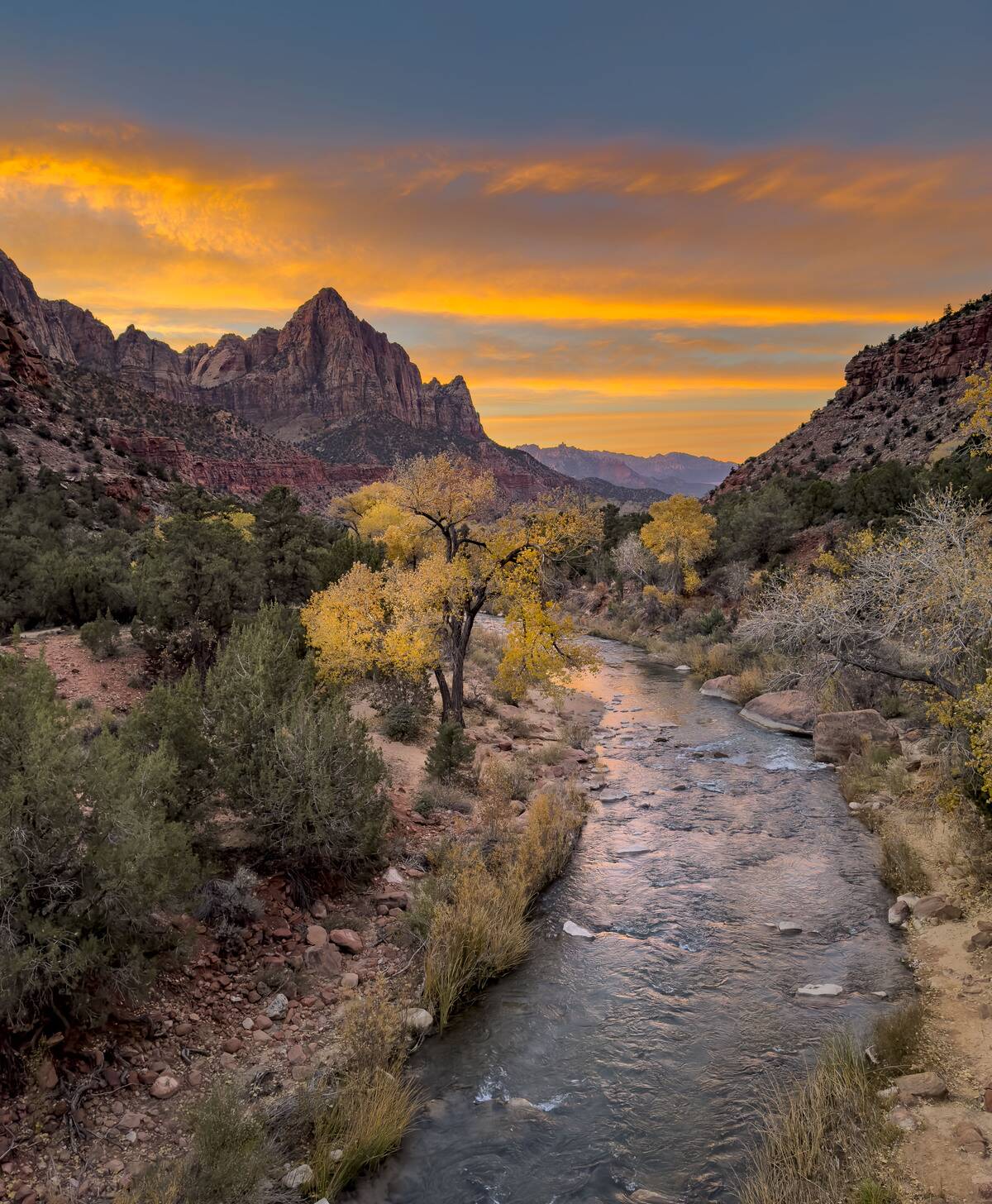
Utah’s name is derived from the Ute tribe, meaning ‘people of the mountains.’ This reflects the state’s rugged terrain and its rich indigenous heritage. Known for its stunning national parks and vibrant cultural scene, Utah’s name is a tribute to the native people who first inhabited the region. The state’s identity is shaped by its natural beauty and the enduring legacy of its indigenous roots, creating a unique and dynamic cultural landscape.
Vermont: The Green Mountain State

Vermont’s name comes from the French “vert mont,” meaning ‘green mountain,’ a fitting description of its lush landscapes and rolling hills. The name was given by French explorer Samuel de Champlain, reflecting the state’s early European influences. Known for its scenic beauty and outdoor recreation, Vermont embraces its natural heritage and the spirit of exploration. The state’s name is a tribute to its green mountains and the vibrant culture they inspire.
Virginia: The Virgin Queen’s Namesake
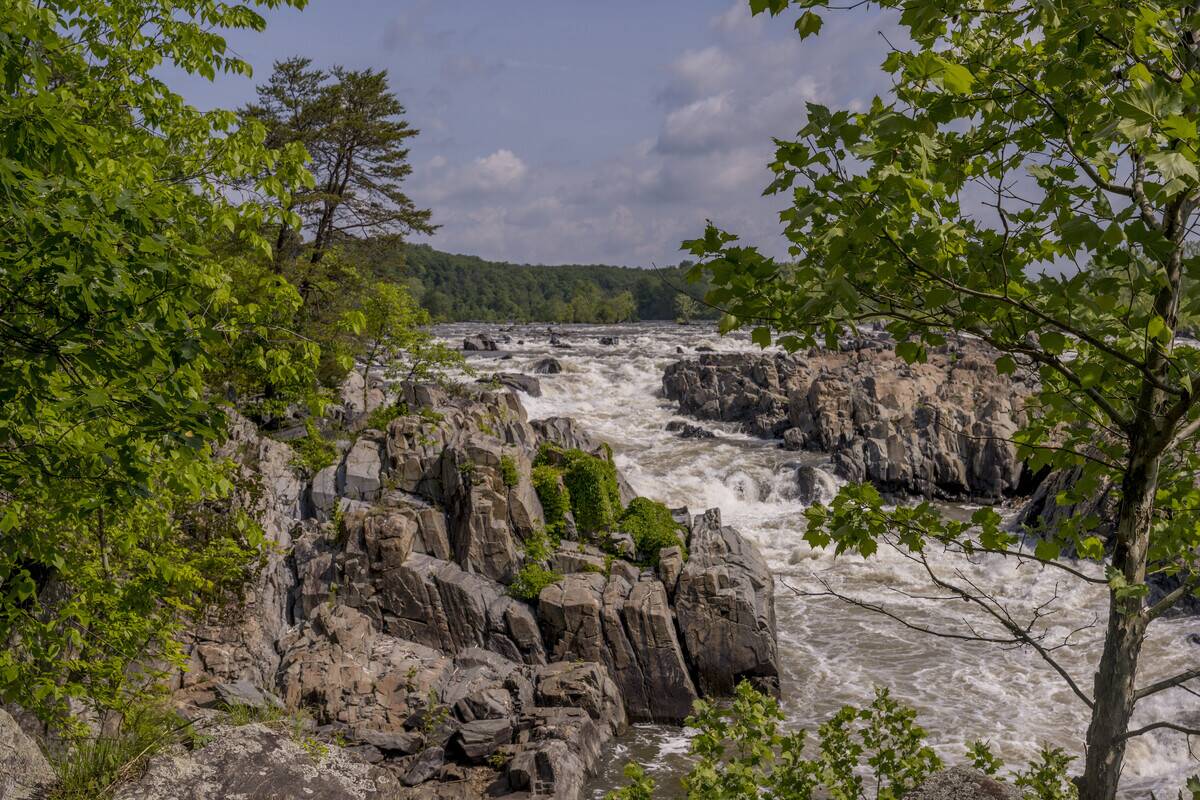
Virginia was named in honor of Queen Elizabeth I of England, known as the “Virgin Queen” due to her never marrying. This reflects the state’s colonial history and its ties to the British crown. As the first permanent English colony in America, Virginia has played a pivotal role in the nation’s history, from Jamestown to the American Revolution. The state’s name is a lasting tribute to its royal connections and its foundational place in the American story.
Washington: The Father of a Nation

Washington is the only state named after a president, honoring George Washington, the first President of the United States. This reflects the nation’s respect and admiration for its founding father. Known for its diverse landscapes and vibrant cities, Washington’s name is a tribute to the legacy of leadership and vision. The state’s identity is shaped by its historical significance and its role as a beacon of progress and innovation.
West Virginia: A State Divided
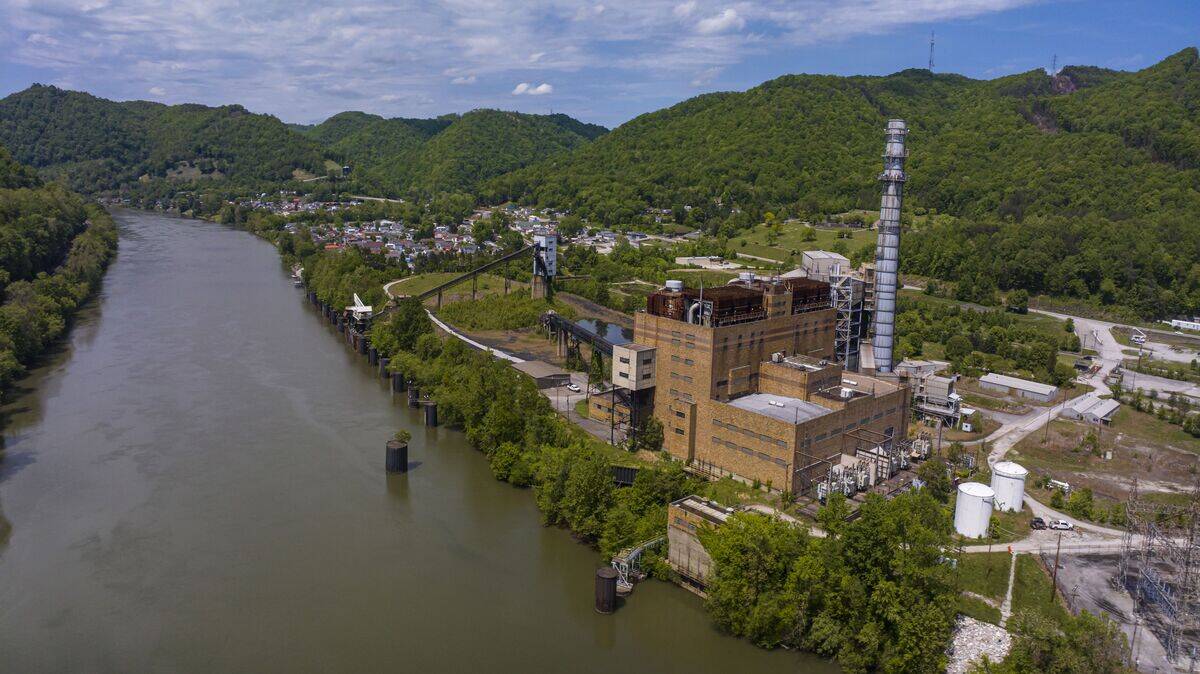
West Virginia was formed during the Civil War, when it separated from Virginia in 1863 over differences in views on secession. The name reflects its geographical location and its historical roots as part of Virginia. Known for its rugged mountains and coal mining heritage, West Virginia’s identity is shaped by its natural beauty and its independent spirit. The state’s name is a testament to its resilience and its unique place in the nation’s history.
Wisconsin: The Land of Gathering Waters

Wisconsin’s name is believed to come from the Miami word “Meskonsing,” meaning ‘it lies red’ or ‘gathering of waters.’ This reflects the state’s abundant rivers and lakes that have shaped its geography and economy. Known for its dairy industry and outdoor recreation, Wisconsin embraces its natural resources and the heritage of its native peoples. The state’s name is a tribute to its water-rich landscape and the vibrant culture it sustains.
Wyoming: The Great Plains’ Legacy
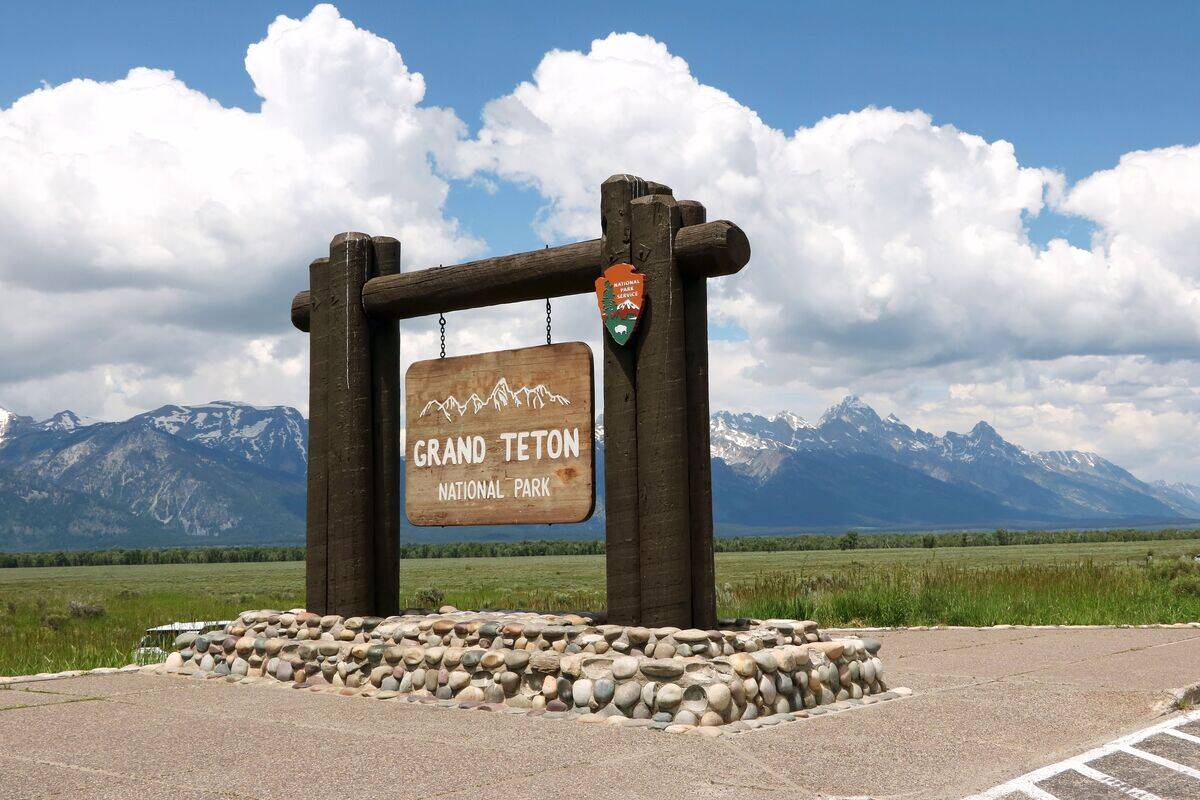
Wyoming’s name comes from the Munsee word “xwé:wamənk,” meaning ‘at the big river flat.’ This reflects the state’s expansive plains and the influence of Native American languages. Known for its stunning national parks and cowboy culture, Wyoming’s identity is shaped by its natural beauty and frontier spirit. The state’s name is a tribute to its indigenous roots and the wide-open spaces that define its character.



